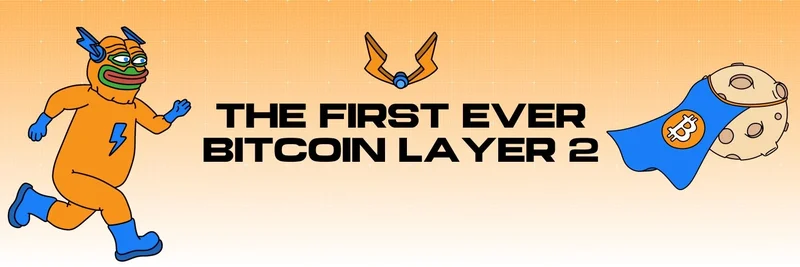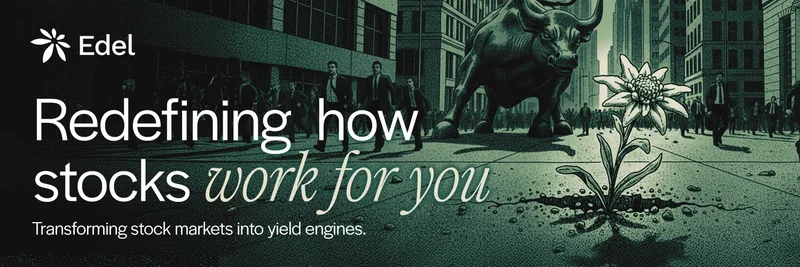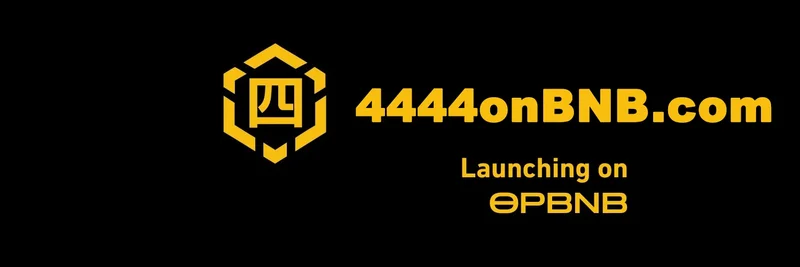Hey there, crypto enthusiasts! If you’ve been scrolling through X lately, you might have stumbled upon a thought-provoking post by João Mendonça (@joaomendoncaaaa). He dropped a bombshell at 13:15 UTC on August 6, 2025, saying: “credibly neutral settlement is useless if it depends on outsourced execution for capacity.” This short but punchy statement has sparked some curiosity, especially among blockchain practitioners and meme token fans like us at Meme Insider. Let’s break it down and see what it means for the crypto world!
What Does “Credibly Neutral Settlement” Even Mean?
First things first—let’s unpack the jargon. A credibly neutral settlement refers to a system in blockchain or crypto where transactions are processed and finalized in a way that no single party can manipulate the outcome. Think of it as the backbone of decentralized finance (DeFi), ensuring fairness and trust without relying on a central authority. It’s a big deal because it’s what makes blockchain different from traditional banking.
But here’s the kicker: João’s pointing out a flaw. If this settlement relies on outsourced execution—meaning someone else handles the heavy lifting to boost capacity—it might lose that neutrality. Why? Because outsourcing could introduce third parties who might have their own agendas or inefficiencies, potentially undermining the whole point of decentralization.
The Outsourced Execution Problem
So, what’s the deal with outsourcing? In the blockchain world, capacity often means how many transactions a network can handle at once. As projects grow (think meme tokens going viral!), networks can get clogged. To solve this, some turn to outsourcing—hiring external developers or using third-party services to scale up. According to Superstaff, this is a common move for financial institutions adopting blockchain, as it saves time and money while tapping into global expertise.
But João’s argument suggests a catch. If you hand over the execution to outsiders, you’re no longer in full control. Those third parties could prioritize their own interests, introduce delays, or even create security risks. For example, a meme token project relying on outsourced smart contracts might face issues if the external team cuts corners. Suddenly, that “credibly neutral” system isn’t so neutral anymore!
Why This Matters for Meme Tokens and Beyond
At Meme Insider, we’re all about keeping up with the latest in blockchain tech, especially when it ties into the wild world of meme tokens. These tokens often rely on fast, fair settlement to keep their communities thriving—whether it’s airdrops or trading frenzies. If outsourced execution messes with neutrality, it could lead to trust issues, which is the last thing a meme token project needs when hype is its lifeblood.
Plus, this debate ties into broader crypto trends. Projects like Credibly Neutral, a venture fund investing in blockchain infrastructure, are pushing for better protocols. But if execution stays outsourced, their efforts might hit a wall. It’s a reminder that decentralization isn’t just a buzzword—it’s a puzzle we’re still figuring out.
What’s Next?
João’s post has no replies yet (at least as of 10:21 PM JST on August 6, 2025), but the reply from The Abuja Lens in the thread shifts gears to PublicAI_’s “Speak and Earn” model. That’s a different vibe—more about earning through voice than settling transactions—but it shows how diverse the crypto conversation is on X.
For now, this topic leaves us with questions: Can blockchain scale without outsourcing? Is there a way to keep neutrality intact while boosting capacity? As a community, we’d love to hear your thoughts—drop them in the comments or join the chat on X!
Disclaimer: This article is for informational purposes only and doesn’t constitute financial advice. Always do your own research before diving into crypto!




